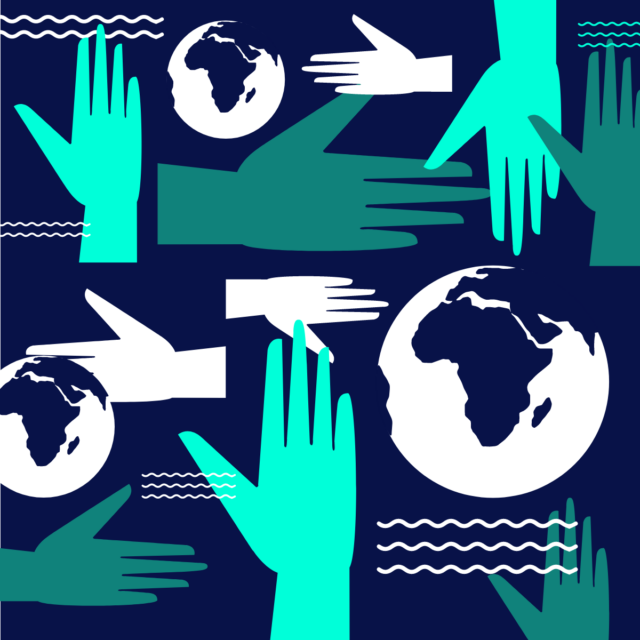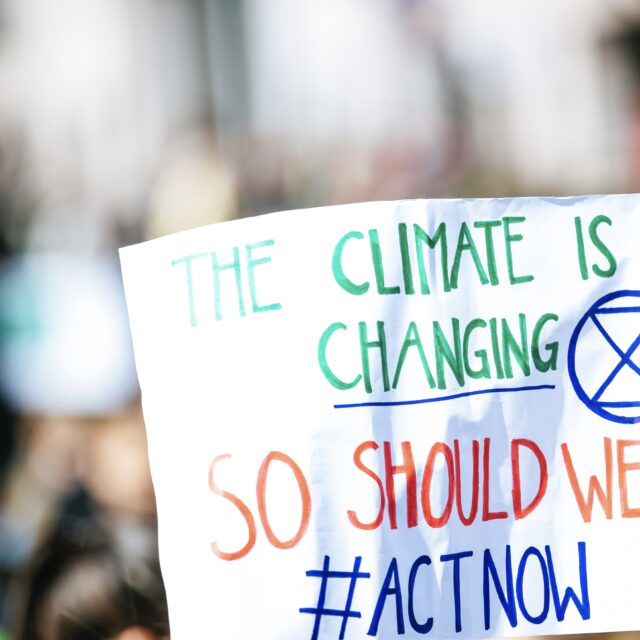It’s that time of year again. The world’s most powerful leaders will soon be making their way to Davos for the annual World Economic Forum (WEF) meeting, where they will spend a week in their mountain conclave discussing the world’s problems.
Those problems are mounting up. The Iran crisis has prompted renewed questions about peace, security and stability in the world’s most volatile region. The bushfires in Australia provide a daily reminder of our failure to respond adequately to the climate crisis. And as we begin the countdown to delivering the Global Goals by the end of the decade, we are reminded that progress on human development remains more precarious than ever — we are badly off track on every measure.
Davos should be more relevant than ever but, in reality, it risks coming across as stale, outdated and tone-deaf; as much a part of the problem as the solution. It’s time to accept that the best way to find the answers to these problems might not be an exclusive gathering of billionaires in a high-end Swiss ski resort.
Don’t get me wrong — the WEF has been a powerful force for good over the past 50 years and has played a key role in the development of many of the initiatives and partnerships that have helped us make huge progress in the battle to reduce extreme poverty, combat preventable disease and tackle injustice. But as a general once said as he looked into the future, “If you don’t like change, you’ll like irrelevance a hell of a lot less.”
With that in mind, here are five things for the men, and the far fewer women at Davos (78% of the 2019 Davos delegates were male), to take on board:
1. Actions speak louder
It’s been 20 years since the launch of Gavi, the Vaccine Alliance, which has saved millions of lives. This was Davos at its best. Why not use your political capital to ensure this life-saving programme gets the best possible start to its replenishment campaign and is fully funded for the next five years?
2. Bring a new generation of activists into the room
One of the most inspiring lessons of the 2010s has been the power of ordinary people to come together and achieve extraordinary things — from the climate strikes and Extinction Rebellion to #MeToo, from the mass protests in countries across the world to the women’s marches — the most powerful movements for change have come from the ground up. Maybe it’s time to recognise this and be ready to share and pass the mic to some of these changemakers.
3. Recognise the synergy between human capital development and climate change
The climate crisis has, at last, rightly caught the imagination of people across the world. But it’s still alarming how little attention is paid to the fact that its impact is felt most severely by people in the world’s poorest countries, whose lives are dependent on natural resources and who have little defence against the changing environment. Climate change is a poverty accelerator. Why not issue a no-kidding clarion call that you will use your money and power to ensure that human capital development, fighting poverty and the climate crisis are tackled together?
4. Location, location, location
Davos is gorgeous. But let’s be frank – it’s expensive, hard to get to and rather more idyllic than the world is today for too many people. What could be a better signal that the WEF is evolving and learning than shifting the meeting to a venue that is more accessible, where it could connect with real people and, wait for it, include them in the discussions of our world’s problems and possible solutions?
5. Be prepared to think the unthinkable
Despite all the progress that has been made, the scale and complexity of the challenges the world is currently facing mean we can’t simply rely on the same old solutions. We need to think bigger. And bolder. A radical agenda for change that tackles systemic inequality by requiring all of us – including those at the very top – to change how we do what we do might just turn heads, with the added benefit of making better use of the resources, talent, knowledge and skills that can shape a better tomorrow.



